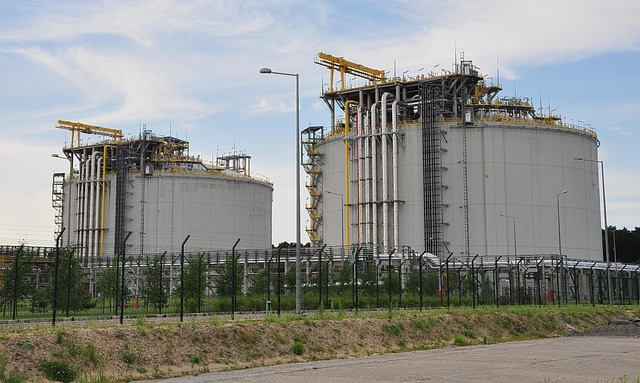
Embracing Confirmatory Feedback: Transforming Workplace Culture through Innovation in Science and Technology
In today’s fast-paced world, science and technology have become indispensable in shaping workplace culture. One aspect that is often overlooked in this transformation is the importance of confirmatory feedback. This type of feedback not only validates efforts but also reinforces innovative thinking, creating a vibrant culture ripe for growth and advancement.
At its core, confirmatory feedback is about recognizing accomplishments and acknowledging the hard work of employees. In the scientific and technological realms, where trial and error are an inherent part of the process, this feedback can be pivotal. When team members feel their contributions are valued, they’re more likely to take risks, innovate, and explore unconventional solutions.
The integration of science and technology into the workplace has provided us with tools that can enhance the feedback process. For instance, utilizing data analytics can help managers identify performance trends, allowing for more precise and timely confirmatory feedback. By analyzing engagement metrics or project outcomes, leaders can effectively communicate what’s working, empowering teams to continue down their successful paths.
Moreover, technological platforms that facilitate real-time feedback can significantly improve communication. Applications designed for team collaboration often include features that allow employees to recognize each other’s contributions instantly. This fosters an environment of mutual respect and encouragement, essential components of a positive workplace culture. When employees see that their peers are celebrated for their efforts, they feel encouraged to contribute more actively, leading to a cycle of innovation.
Incorporating confirmatory feedback into regular workflows is also effective in removing barriers to innovation. When people receive constructive and affirming feedback, they are less likely to fear failure. Instead, they begin to view challenges as opportunities for learning and development. This shift in mindset can lead to groundbreaking ideas, whether it’s a new application of technology, a novel approach to problem-solving, or an inventive solution derived from collaborative efforts.
Furthermore, nurturing a culture that appreciates and promotes confirmatory feedback can significantly enhance employee satisfaction and retention. When workers feel their contributions are recognized, they become more engaged and committed to their roles. This can foster loyalty, translating into lower turnover rates and a more cohesive team dynamic. Ultimately, a strong workplace culture built on affirmation and support not only attracts talent but also retains it, paving the way for sustained innovation.
In conclusion, the impact of confirmatory feedback on workplace culture is an essential component of innovation in science and technology. As organizations increasingly adapt to the rapid pace of change, embracing feedback mechanisms can lead to a more dynamic, engaged, and innovative workforce. The journey of innovation is complex, but with the supportive structure of positive acknowledgment, businesses are better equipped to face challenges and achieve their goals.



